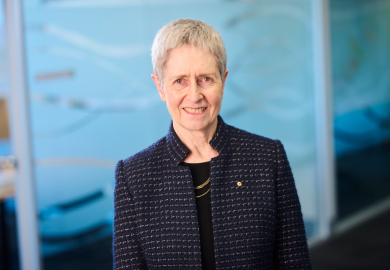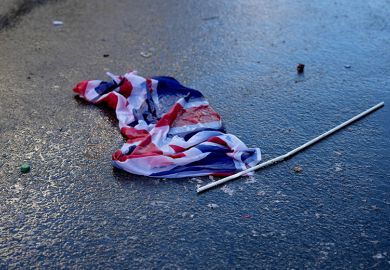What a year. Twelve months that shook the world – including the world of higher education, as our rundown of the 20 most-read Times Higher Education stories of 2016 demonstrates.
The list includes some fascinating analysis (the mock teaching excellence framework certainly ruffled some feathers), cutting opinion (including Ben Goldacre on academics influencing policy, and Sir Keith Burnett on his trip to India with UK prime-minister Theresa May), and some of the most significant news stories of any year, never mind the past 12 months alone (one word: Brexit).
There are some omissions. This list does not contain any of our World University Rankings results, which have their own "most-read" page. Nor does it contain articles from the Student section of the site – keep an eye out on the student homepage for its most-read articles of the year (we will add a link here once it is live).
So, without further ado, these are the 20 most popular articles of 2016. Click the title to read the article in full.
20. 10 tips to pass your PhD viva
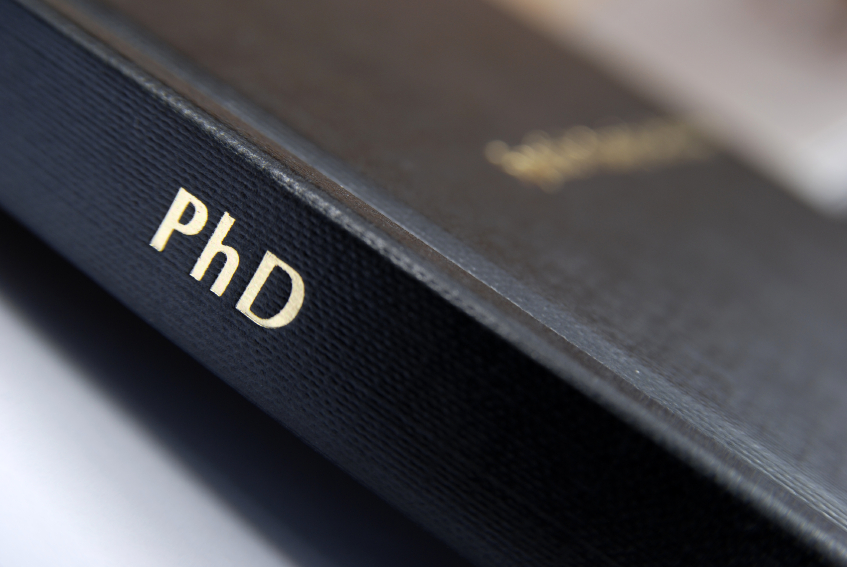
It's not too hard to guess who has been reading this helpful article from February. We hope that those who read it before heading off to sit their viva voce got the result that they were looking for.
19. Are you an ‘academic superhero’?

Early career academics are now required to possess a “superhero-like" ability to multitask if they want to get a job, according to this study, covered by THE in February.
18. Philosopher’s talk cancelled due to passport rules
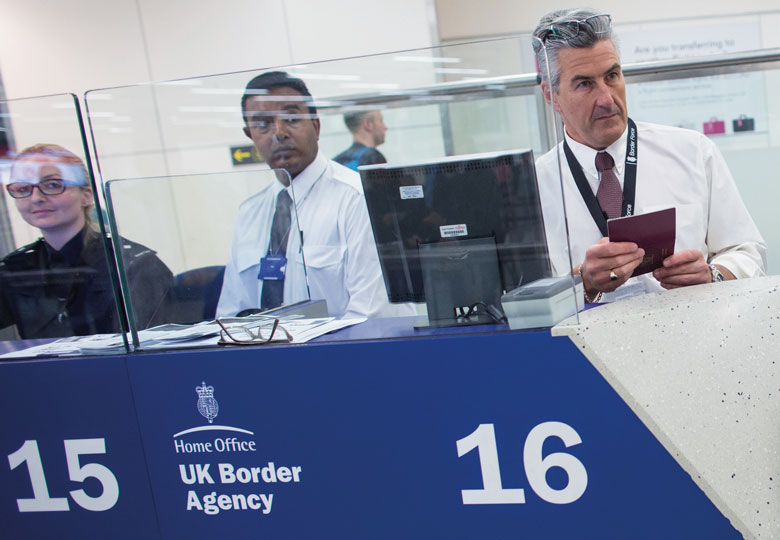
Philosopher Jonathan Webber said he was shocked after he was prevented from speaking at a UK university for failing to provide a copy of his passport. Covered by THE in November.
17.Good scientist or successful academic? You can't be both

Xenia Schmalz reflects on the plight of the early career researcher in this blog from March.
16. National Student Survey 2016: satisfaction scores stay high in £9K fee era
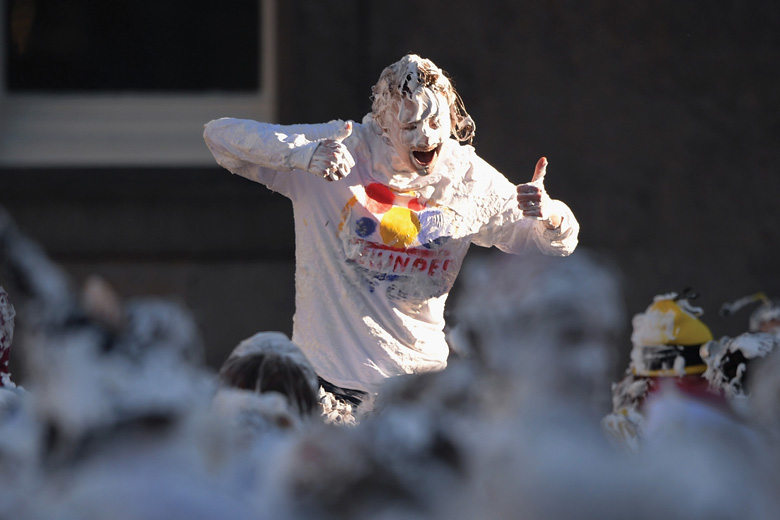
See, you can charge what you want and students are still happy! August's National Student Survey results found 86 per cent of students are happy with their course.
15. Nobel laureate says scientific breakthrough ‘would not be possible’ today
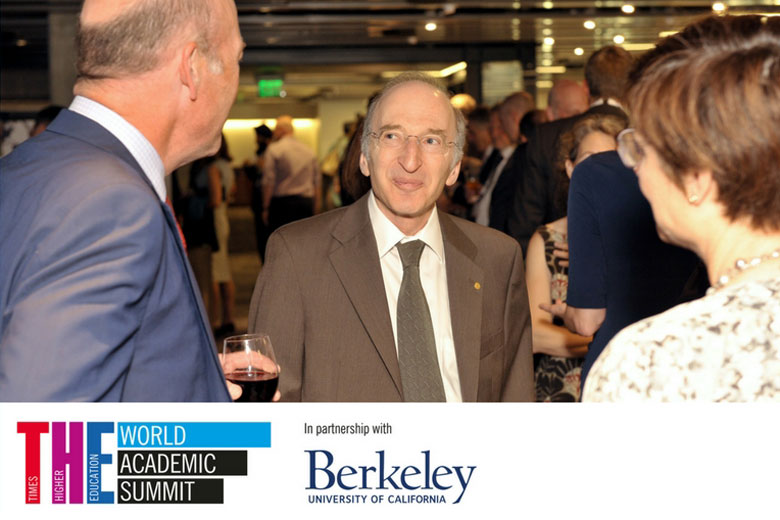
In September, Nobel laureate Saul Perlmutter told the THE World Academic Summit that he would not have been able to make his prizewinning discovery in today’s research funding environment.
14.Professor turns to novel writing as his research ‘had no impact’

What should you do if your life’s work has had no real-world impact whatsoever? This news article from September reveals one approach (and if appearing in the top 20 THE articles of the year isn't impact, then what is?).
13. Life after Brexit: what next for British universities?

As the UK woke on the 24 June to hear the EU referendum result (spoiler alert, Brexit won), Sir Keith Burnett was already hard at work penning this blog for THE.
12. Ban academics talking to ministers? We should train them to do it
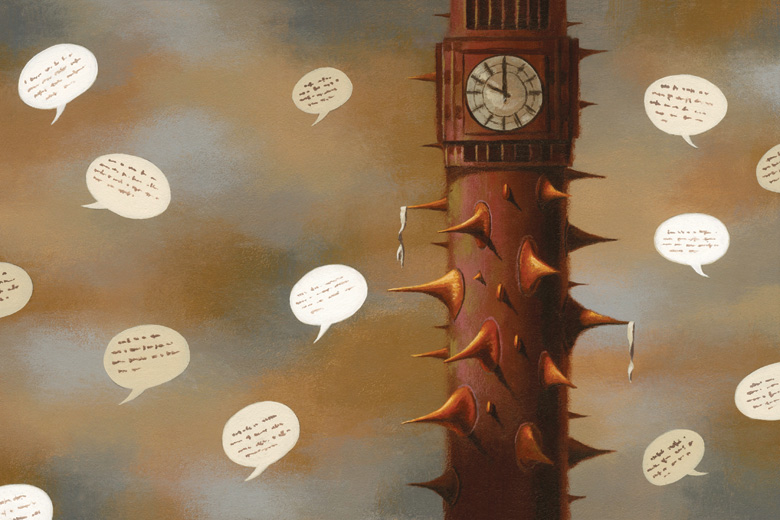
Ben Goldacre writes in March on why a ban on researchers speaking to politicians and policymakers fails the taxpayers who fund them.
11. Female professors ‘pay price for academic citizenship’

This article from December on how women in academia may be losing out salary-wise because they are more focused on tasks that may go unrewarded went viral, and makes our top 20 as a result.
10. Which universities would lose out from Brexit?
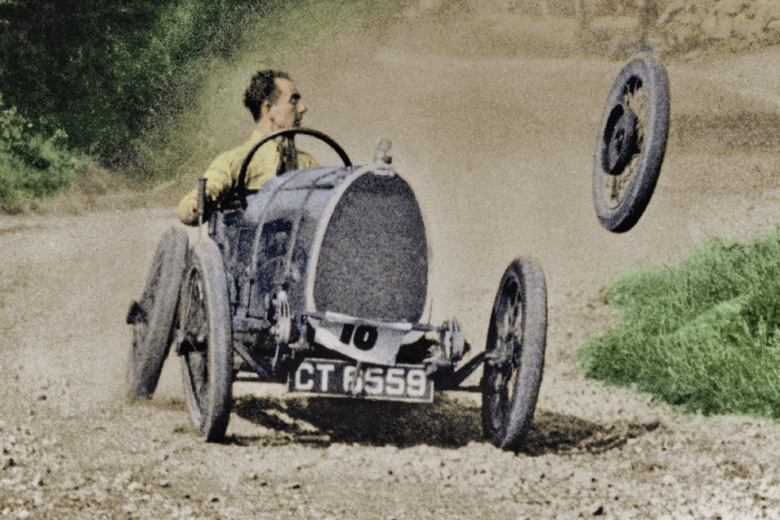
This article was published in May – a month before the EU referendum. No wonder it was so widely read in the aftermath of the vote.
9. Brexit vote sparks huge uncertainty for UK universities

Yep, it's Brexit again. This news story was published and updated on 24 June, the day of the referendum result.
8.How many hours a week should academics work?

Some surveys show faculty putting in at least 60 hours a week, but research casts doubt on whether this is a productive routine, says this January news story.
7. Workload Survival Guide for Academics

Aren't we nice? After the news about workload in January (see number 8), we published this Workload Survival Guide in February. You're welcome.
6. Eight hours in airport detention for wanting to talk about a course? Welcome to the UK
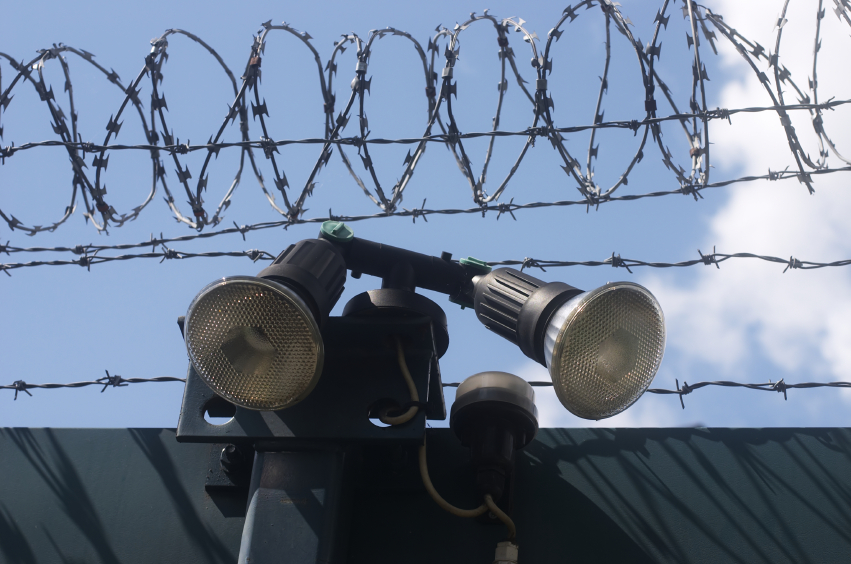
In February, US PhD applicant Sabine Parrish recalled an unpleasant encounter with UK immigration – and it struck a chord with readers.
5. The results of the mock TEF

This was huge news in June (as big as Brexit, surely?). Our data team’s modelling of the potential teaching excellence framework results showed the Russell Group losing out to a new elite.
4. Married to the(ir) job: living with an academic

In October, academics and their significant others shared the good, the bad and the ugly about life married to a scholar.
3. US PhD graduate detained in UK immigration removal centre
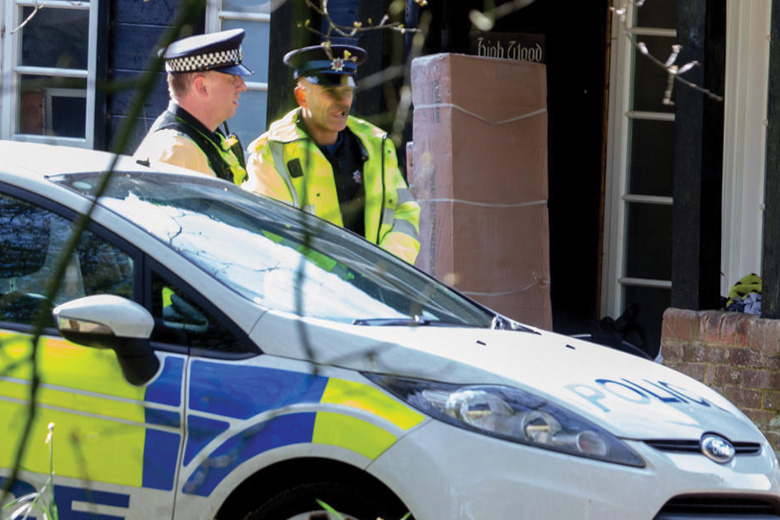
Back in January, US PhD graduate Paul Hamilton spoke of his "heartbreaking" detention by UK Home Office officials after his leave to remain application was refused.
2.‘I feel truly ashamed.’ Keith Burnett on Theresa May’s trade mission to India

A second entry on this list for University of Sheffield vice-chancellor Sir Keith, with these frank words on his visit to India with the UK prime minister.
1. How not to write: 14 tips for aspiring humanities academics

The number one most-read Times Higher Education article of 2016 revealed! Researchers in the liberal arts seem to have made it their mission to communicate in the most obscure fashion, said Zachary Foster – and plenty of people wanted to hear why.
Register to continue
Why register?
- Registration is free and only takes a moment
- Once registered, you can read 3 articles a month
- Sign up for our newsletter
Subscribe
Or subscribe for unlimited access to:
- Unlimited access to news, views, insights & reviews
- Digital editions
- Digital access to THE’s university and college rankings analysis
Already registered or a current subscriber?


